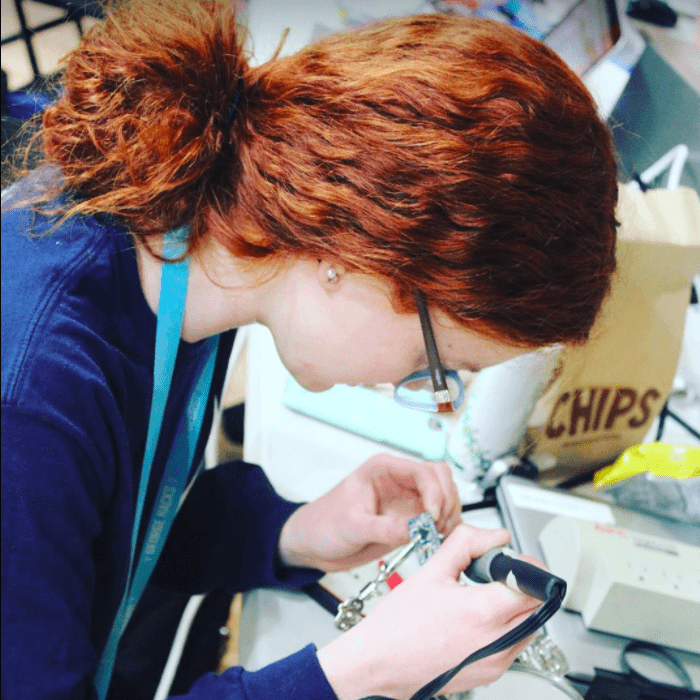
Imagine this: You and your colleagues know there are problems to be solved. You have resources to offer, such as funding, access to experts, and publicity.
You are pretty sure there are people with great ideas out there, asking questions, defining the scope of the problems you care about, seeing things that you can’t see. Some people are even forging ahead, developing solutions on their own, but you don’t know how to connect with them.
You need an intake valve for new ideas, a honeypot to attract problem-solvers. So you launch a prize competition.
If you have escaped all the buzz around prize competitions and grand challenges over the last decade or so, don’t worry. KidneyX has a wonderful FAQ, including:
What is a prize competition?
A prize competition is a method of problem-solving that describes a problem (usually to the general public) and offers a prize or prizes to whoever comes up with the best solution(s). Prize competitions are a good way to attract ideas and skills from a wide range of fields.
I served as a volunteer judge for the KidneyX Patient Innovator challenge and was bowled over by the creativity of the submissions, both those who won and those who did not. It reminded me to welcome people into the health innovation conversation who may not think of themselves as inventors, but who deeply understand the community at the center of a crisis. The “need-knowers” as Tikkun Olam Makers call them.
Patient and caregiver communities are full of need-knowers and, often, problem-solvers. They gather to confirm and define a shared problem set. That’s stage one of peer-to-peer health care: Connection. Stage two is when a useful idea or solution emerges and the group participates in testing and refining it. Prize competitions can act as a magnet, pulling people and ideas into the third stage of peer-to-peer problem-solving when resources are made available (for more examples, see my previous post).
The Robert Wood Johnson Foundation (RWJF) and Catalyst @ Health 2.0 recently announced two competitions: one aimed at helping the health care system respond to the pandemic, the other aimed at the general public’s needs.
For the health care system challenge, they ask:
Can you create a digital tool supporting the health care system (including but not limited to providers, government, and public health and community organizations) during a large-scale health crisis (pandemic, natural disaster, or other public health emergency)?
And, thanks to Catalyst’s extensive and ongoing consultation with health care providers, they are quite specific in defining the needs:
- Capacity management: The ability to treat large numbers of people quickly
- Clinical integration: The ability to coordinate patient care
- Communication: The ability for providers internally and externally within a health care system to share information and collaborate with each other
- Data analytics, tracking, and visualization: The ability to easily collect and understand information
- Data exchange: The ability to share information among providers such as number of available beds, supply shortages, etc.
- Mental health tools for providers: Tools that address the mental health needs of providers such as burnout
- Population health: Tools for providers to address the health of a community as a whole
- Preparedness: Tools to prepare for future emergencies
- Resource management: Tools to track and shift resources as needed
By contrast, the application for the general public prize competition does not list any categories. They write:
Digital health solutions are in a unique position to help consumers navigate information, find needed resources, and more during these difficult times. For example, during the COVID-19 pandemic apps and digital tools are connecting individuals to emotional support, educational resources, and health care without person to person contact, helping to limit the spread of the virus.
I appreciate that the sponsors leave the general public question open to wide interpretation. That’s an opportunity for creative people to contribute to both defining the problem they think needs to be solved and coming up with solutions. As Katherine Hempstead of RWJF said when I talked with her, “We see this as a learning opportunity. This prize competition creates a public square where innovators can meet to trade ideas.”
What are the challenges you and your communities are facing? What do you see happening that needs to stop — or be given more fuel? What other prize competitions are you tracking? Please share in the comments.
Note: The deadline for the first round of applications to RWJF is Friday, June 12th, 2020, at 11:59 PM EDT.
Featured image courtesy of George Hacks, another organization connecting need-knowers and problem-solvers.
Leave a Reply